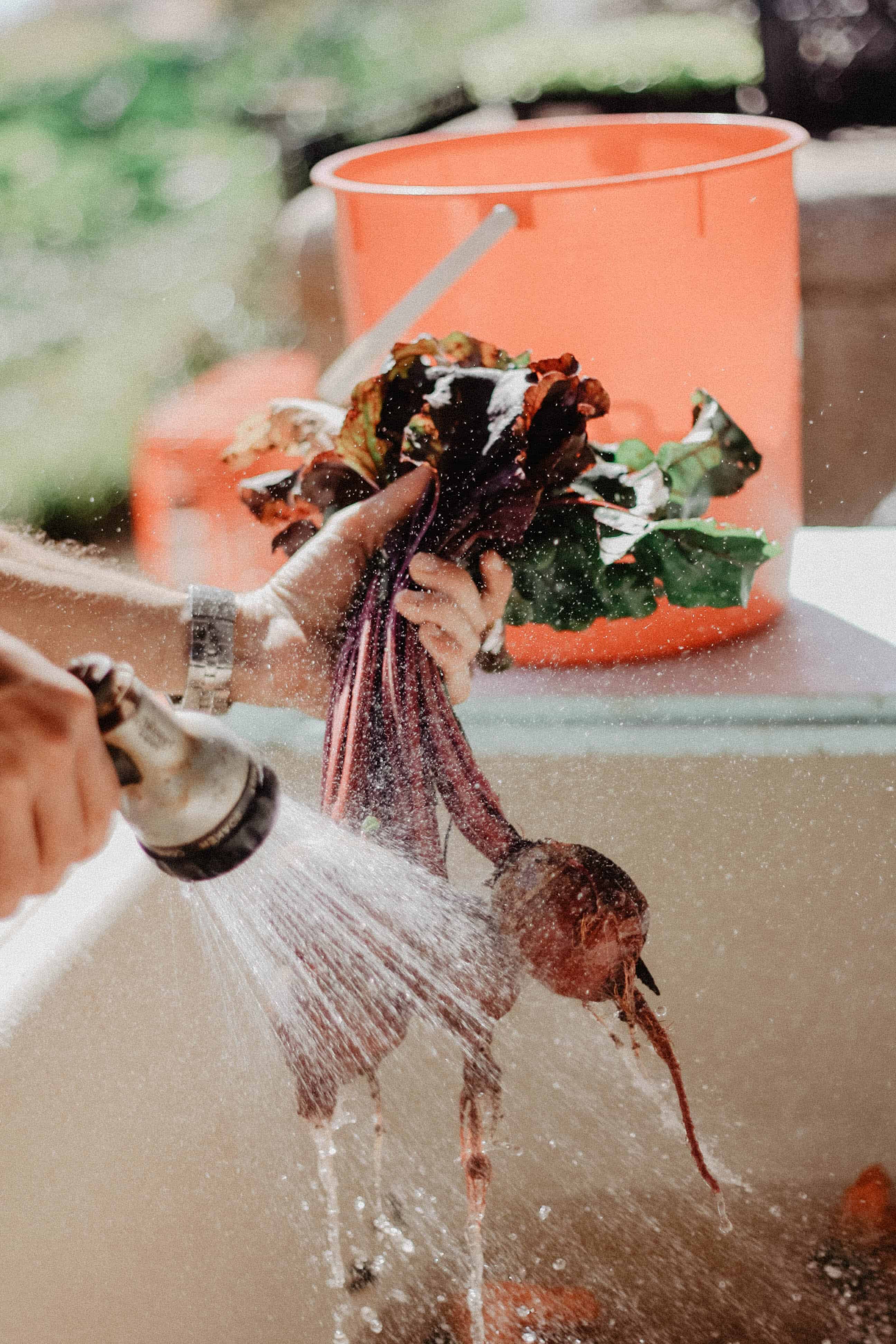Q : I would like to use grey water on the garden. What is the best way to do it?
A : Victorians have enthusiastically embraced the idea of waste water re-use in the recent years. The pressure on our water reserves continues to be significant and any action taken by home owners to conserve water is commendable.
Having said this, forethought and planning is important when considering the use of what is really contaminated water. As a developed city, Melbourne has sophisticated water supply and disposal systems in which millions (perhaps billions) of dollars has been invested over many decades. The money isn’t spent on a whim – it’s a matter of ensuring public health and safety.
Firstly, what is grey water? Grey water is waste water from showers, baths, hand-basins, spas, sinks, troughs, washing machines and dishwashers, whilst “black water” is waste water from toilets, urinals and bidets.
Both types of water carry contaminants including detergents, dirt, chemicals, food particles, grease and, in the case of black water, faecal matter. Black water is definitely unsuitable for re-use without extensive treatment, however grey water can be re-used if appropriate precautions are taken.
Clearly a properly design and constructed collection, storage treatment and reticulation system is preferable, however a simple and relatively inexpensive “diversion” system can be effective, bearing in mind the following guidelines:
- Only divert low risk grey water such as shower, bath, basin and laundry rinse water.
- Don’t use grey water on leaf vegetables or vegetables that are to be eaten raw.
- Don’t store grey water for more than 24 hours.
- Don’t allow grey water to pond and only use it during warm, dry weather.
- Ensure that the system can’t block or that the waste water will be discharged into the sewer if it does
- Don’t allow pets or children to come into contact with it
- Don’t allow it to enter storm water drains
Above all, make sure no waste water runs or seeps on to your neighbours property (they may not share your passion for water conservation), check with your local Council before you do anything and involve a licensed plumber in the installation.
Of course, the best way to conserve water is to use less, but that’s another story.
The best advice? Do what you can afford, if you’re unsure, ask an architect or have a quick read from BetterHealth here.
